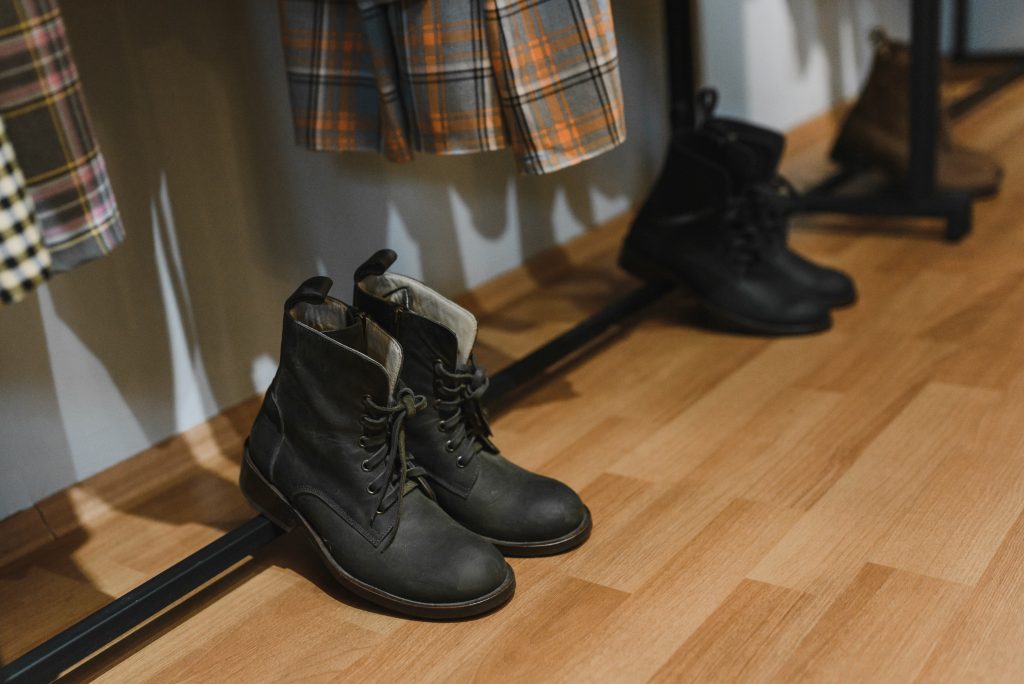How Strong Are Safety Shoes? Are Safety Shoes Worth It? What Is an Alternative to Steel Toe Shoes?
How Strong Are Safety Shoes? In today’s fast-paced world, safety is paramount. Whether you’re working on a construction site, in a warehouse, or any other environment that poses potential risks to your feet, investing in proper safety footwear is essential. Among the myriad options available, safety shoes stand out for their durability and protective features. But how strong are safety shoes really? Are they worth the investment? And is there an alternative to the traditional steel toe shoes? This article delves deep into the world of safety footwear to answer these questions and provide valuable insights.

Understanding the Strength of Safety Shoes
How Strong Are Safety Shoes?
The Core Components of Safety Shoes
Safety shoes are engineered with robust materials to withstand various hazards. They often include reinforced toe caps, metatarsal guards, and puncture-resistant soles. These components ensure maximum protection against impacts and sharp objects.
Testing Standards for Safety Shoes
To assess their strength, safety shoes undergo rigorous testing according to industry standards. These tests evaluate their resistance to compression, impact, punctures, and electrical hazards. Understanding these standards helps consumers make informed decisions.
Durability and Longevity
High-quality safety shoes are built to last. They are crafted from durable materials, ensuring they endure harsh conditions and remain effective for an extended period. Investing in durable safety shoes proves to be cost-effective in the long run.
Are Safety Shoes Worth It?
Preventing Injuries and Accidents
Safety shoes significantly reduce the risk of foot injuries in hazardous workplaces. By preventing accidents, they contribute to a safer work environment and lower medical costs.
Enhanced Comfort and Productivity
Modern safety shoes are designed with ergonomic features, providing comfort during prolonged wear. Comfortable workers are more productive and less prone to fatigue, enhancing overall efficiency.
Compliance and Legal Requirements
Many industries mandate the use of safety shoes to comply with safety regulations. Adhering to these requirements not only avoids legal complications but also ensures the well-being of employees.
Alternatives to Traditional Steel Toe Shoes
Composite Toe Shoes
Composite toe shoes are made from non-metal materials like carbon fiber or plastic. They offer comparable protection to steel toe shoes without the added weight, making them a popular choice among workers seeking lightweight options.
Alloy Toe Shoes
Alloy toe shoes feature toe caps made from lightweight metals like titanium or aluminum. These shoes provide excellent protection against impacts and are ideal for those looking for a balance between strength and weight.
Soft Toe Work Boots
Soft toe work boots are suitable for environments where impact protection is not the primary concern. They are often more flexible and lightweight, providing adequate safety for certain job roles.
Conclusion
In conclusion, safety shoes are undeniably strong, worth the investment, and come in various alternatives to cater to diverse needs. Prioritizing safety in the workplace not only protects employees but also enhances overall productivity and efficiency.
Frequently Asked Questions
Q1: How do I choose the right safety shoes for my job?
Choosing the right safety shoes involves considering your workplace hazards, comfort preferences, and industry regulations. It’s advisable to consult with safety experts or retailers specializing in safety footwear.
Q2: Are safety shoes suitable for outdoor environments?
Yes, safety shoes are suitable for outdoor environments. They provide protection against various hazards, including sharp objects and uneven terrain, making them ideal for outdoor work settings.
Q3: Can safety shoes prevent electrical hazards?
Yes, safety shoes with electrical hazard protection features can prevent electrical shocks. These shoes are designed with insulating materials that protect the wearer from electrical currents.
Q4: How often should safety shoes be replaced?
Safety shoes should be replaced every 6 to 12 months, depending on the frequency of use and the wear and tear they endure. Regular inspections are essential to ensure their effectiveness.
Q5: Where can I purchase high-quality safety shoes?
You can purchase high-quality safety shoes from specialized retailers, online stores, or directly from manufacturers. Ensure you choose reputable sources to guarantee the authenticity and reliability of the products.




Leave a comment